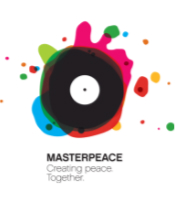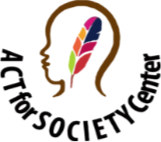Artivist Stafete
in general
The Artivist Stafëte Project is an ambitious two-and-a-half-year project focusing on the democratic participation of minorities (young women and LGBT+ youth) throughout Albania in light of the country’s ongoing EU accession process.
Following a carefully designed activity structure set into 9 consecutive cycles, the project works with key actors and grassroots initiatives in the civil society sectors of both Albania and the Netherlands, granting participating organizations with capacity building tools in the arts (artivism, film, podcast and community art / walls of connection) with which to empower individuals to become active actors and agents
for social change through participation in policy shaping and decision-making at alocal, national and EU level.
36 outreach and dissemination encounters for specific and broader audiences. Design

“ARTIVIST STAFETË”
Is a project funded under the grant for Support to Active Citizenship by the European Commission and is funded by the European Union. The project is implemented locally by Dutch organisations MasterPeace and Stichting art.1, in partnership with Open Mind Spectrum Albania (OMSA) and ACT for SOCIETY Center. This project aims to (i) improve the environment for active citizenship and civic participation by providing civil society sector organisations (CSOs) with tools to grant marginalised groups and side-lined voices in Albania with instruments to infiltrate the mainstream narrative and democratic dialogue at a local, Albanian and European level. Furthermore, the project seeks to stimulate activism through capacity building, and by creating a nation-wide network of civil society organisations advocating for increased democratic representation of minorities.
By targeting a key chain of Albanian civil society organisations and active grassroots initiatives (Target group 1, henceforth referred to conjointly as ‘CSOs’), the Artivist Stafetë project engages, connects and empowers young women and LGBTIQ+ youth (target group 2) to assert and increase their democratic rights, becoming active actors and agents for social change through participation in policy shaping and decision-making processes on a local, national and EU level.
Artivist Stafetë Project improves the environment for active citizenship and civic participation by providing CSOs with tools to grant marginalised groups and side-lined voices in Albania with instruments with which to infiltrate the mainstream narrative and democratic dialogue (local, national and European), empowering each participant to use artivism as a driver for change.
The project by stimulating activism through capacity building (artivism and soft-skill methodologies) and national/international cooperation of CSOs, granting not only the tools with which to take action, but also a nation-wide channel of ‘ Signed CSOs’ with Artivist Stafetë Project to support as home-base in 8 cities outside Tirana) and a pan-European network of individuals and organisations actively advocating for human rights on a global scale (through their international cooperation projects both Dutch partners – MasterPeace and Stichting art.
Have international networks of human rights activists. These networks operate as organic online/offline dissemination agents – particularly for artivism-related projects.) Furthermore, it is proven (Herek, 1988) that the use of artistic methodologies can assist in the representation of marginalized demographics. The artivism and soft skill methodologies we propose –and the arts in general– provide sensitization through familiarization (gaining empathy through experience), gradually building bridges between ‘self and ‘other’ (social empathy).
Furthermore, the project seeks to stimulate sustained activism above isolated bursts of protest through capacity building. Isolated protests often consist of sporadic, individual instances of critiquing injustice, and are fundamentally an attempt to raise awareness about an issue. Activism, on the other hand, requires continued engagement, with a focus on solutions rather than just calling attention to an issue’s existence. By providing these capacity building instances in soft skill methodologies, the Artivist Stafetë Project allows CSOs to work with activists beyond sporadic protest, thus being able to affect short-term/long-term decision-making and policy shaping.

Each 3-month cycle follows a geographic
trajectory composed of trainings in:
4 Artistic disciplines and methodologies
as well as outreach and dissemination instances targeting key policy makers and the general public at a local and national level.
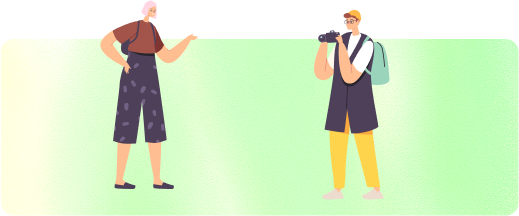
8 different Albanian cities
are to host an individual cycle with all its respective components and outputs, passing on the project to each other following a relay-race (stafëte) model. Additional inaugural and closure cycles will take place in Tirana.
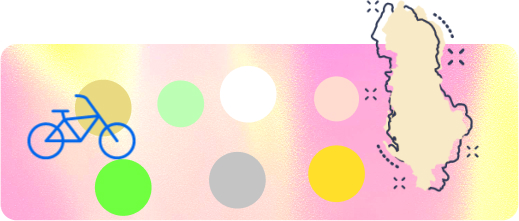
Trainings
And artistic outputs per cycle:
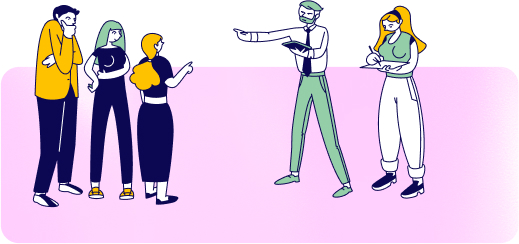
Artivism trainings
Artivism trainings will produce 2 TEDx-style talks, titled FemmeSalons
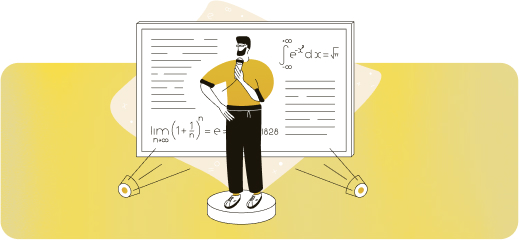
Podcast
Podcast trainings will produce 6 podcasts

Walls
of connection trainings will produce 9 walls of connection

Outreach and dissemination instances per cycle:
1 introductory kick-off meeting
attended by participants and local authorities/ decision-makers
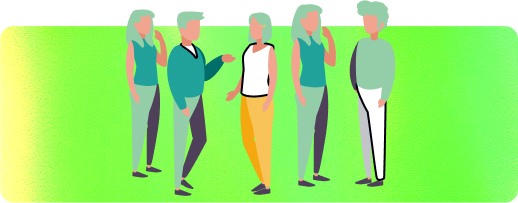
1 Artivist Hackathon
in which the outputs from the previous city will be showcased and presented

1 film festival,
in which the films produced in the respective cycle will be presented
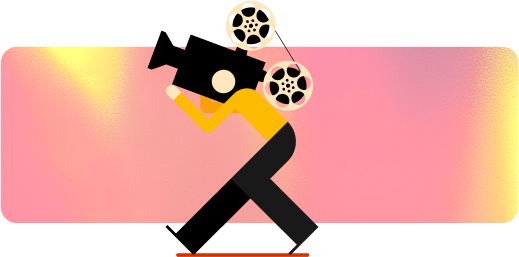
Outreach and dissemination instances for the overall project:
Continuous social media campaign: based on the objectives of reaching targeted minorities, the broader Albanian civil society sector and the general public both within Albania as well as throughout the EU, the social media campaign seeks to showcase the project and its components, as well as its artistic outputs and results.
Upon the project’s completion, the developed channels will be handed over to local Albanian partners to continue their development as a go-to hub for Albanian artivism and minority visibility.
3-day closing manifesto: upon the project’s completion, a 3-day closure event will take place in Tirana, during which the project’s participating organizations, local and national authorities, trainers and trainees, as well as the general public will gather around the outputs which the project has amassed throughout its duration.
The closure manifesto seeks to generate a buzz around the visibilization of minorities and the role of the civil society sector in Albania’s democratic narrative.





